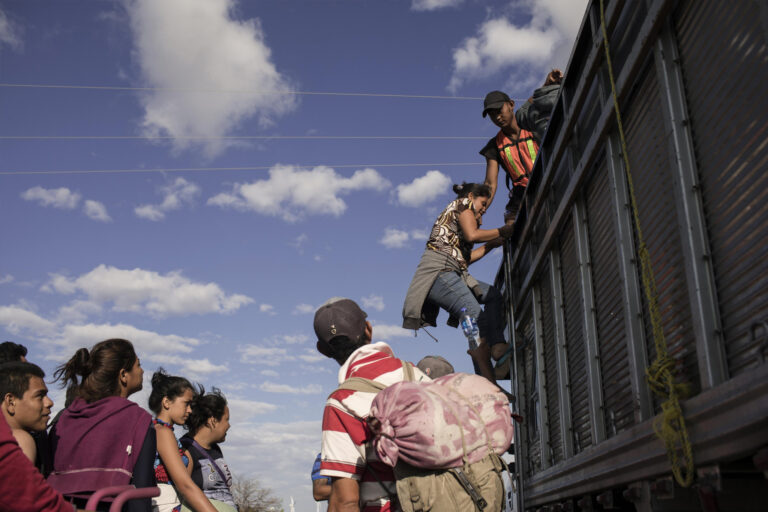.3% Of Mexicans Own Roughly Half the Value of Mexico’s Economy
This article by Dora Villanueva first appeared in the June 19, 2025 edition of La Jornada, Mexico’s premier leftist daily newspaper.
A small group of 399,000 Mexicans (0.3 percent of the population) have assets exceeding $1 million, which, combined, total $788.571 billion, roughly half the value of the national economy, according to a report by the Swiss bank UBS.
Mexico is the tenth most unequal economy, according to a comparison conducted by UBS, and is poised to pass on some of this gap to future generations, according to the investment bank’s World Wealth Report.
The organization explains that, beyond this group of 399 millionaires, wealth in Mexico has increased considerably over the last quarter-century, primarily due to greater accumulation among the middle classes. In total, 43 percent of the country’s wealth is made up of financial assets, and the remainder is made up of concrete assets, such as housing and land.
This wealth (financial assets and real estate) is set to change hands in the next 20 to 25 years. Mexico will be the fourth country with the largest transfer of wealth: $4.5 trillion (more than double the current production of the economy), and most of it will be inherited by future generations; that is, it will not be the result of labor-based accumulation.
While the document shows that overall wealth has increased considerably in Mexico (almost 12.6 percent in 2024 and nearly 16.8 percent since 2020), this progress clashes with population growth trends, given that wealth per capita contracted 3.45 percent last year and more than 18 percent since the beginning of the century.
The bank explained that from 2019 to 2024, there was a slight reduction in inequality, as measured by the Gini index, but it still stands at 0.72 points, making Mexico the tenth most unequal economy, behind Brazil, Russia, South Africa, the United Arab Emirates, Saudi Arabia, Sweden, the United States, India, and Turkey.
Globally, wealth grew 4.6 percent last year, after increasing 4.2 percent in 2023. However, in both dollar and real terms, more than half of the 56 countries tracked by UBS saw average wealth per adult decline. Switzerland again topped the list for average wealth per adult, followed by the United States, Hong Kong (China), and Luxembourg.
The investment bank highlighted that over the past 25 years, there has been a remarkable and steady increase in wealth worldwide, both globally and in each of the major regions. Total wealth has increased at a compound annual rate of 3.4 percent since 2000.
Specifically, the number of people holding between $1 million and $5 million in investable assets has more than quadrupled since 2000, reaching nearly 52 million worldwide at the end of last year, a segment driven largely by rising real estate prices and exchange rate effects, the bank explained.
UBS estimates that globally, over $83 trillion in wealth will be transferred over the next 20 to 25 years, with $9 trillion transferred intragenerationally (between spouses) and $74 trillion transferred intergenerationally (from parents to children).
Above Mexico, where the fourth-largest wealth transfer is expected due to the country’s demographic trends, the United States is projected to see more than $29 trillion in wealth transfers; Brazil, close to $9 trillion, and mainland China, more than $5 trillion.
Marcello Chilov, head of UBS Global Wealth Management for Latin America, highlighted that the report’s data shows how structural, demographic, and macroeconomic forces are shaping the future of wealth creation and preservation.
-
CNTE Announces 72 Hour National Strike & March to Mexico City’s Zócalo
The class-conscious teachers union will also make “courtesy visits” to the embassies of countries who committed atrocities against Iran, to show their rejection of US imperialism.
-
Yet Another Mexican Citizen Dies in ICE Custody
The unidentified victim is the 9th Mexican citizen to have been killed in ICE detention since the beginning of 2025; this time in Adelanto, California.
-
Let’s Talk About Migration: Trumpist Persection
Millions of women who have endured unspeakable violence on their migration journey are now being persecuted in the United States by an extremely xenophobic and misogynistic government, led by Donald Trump,




